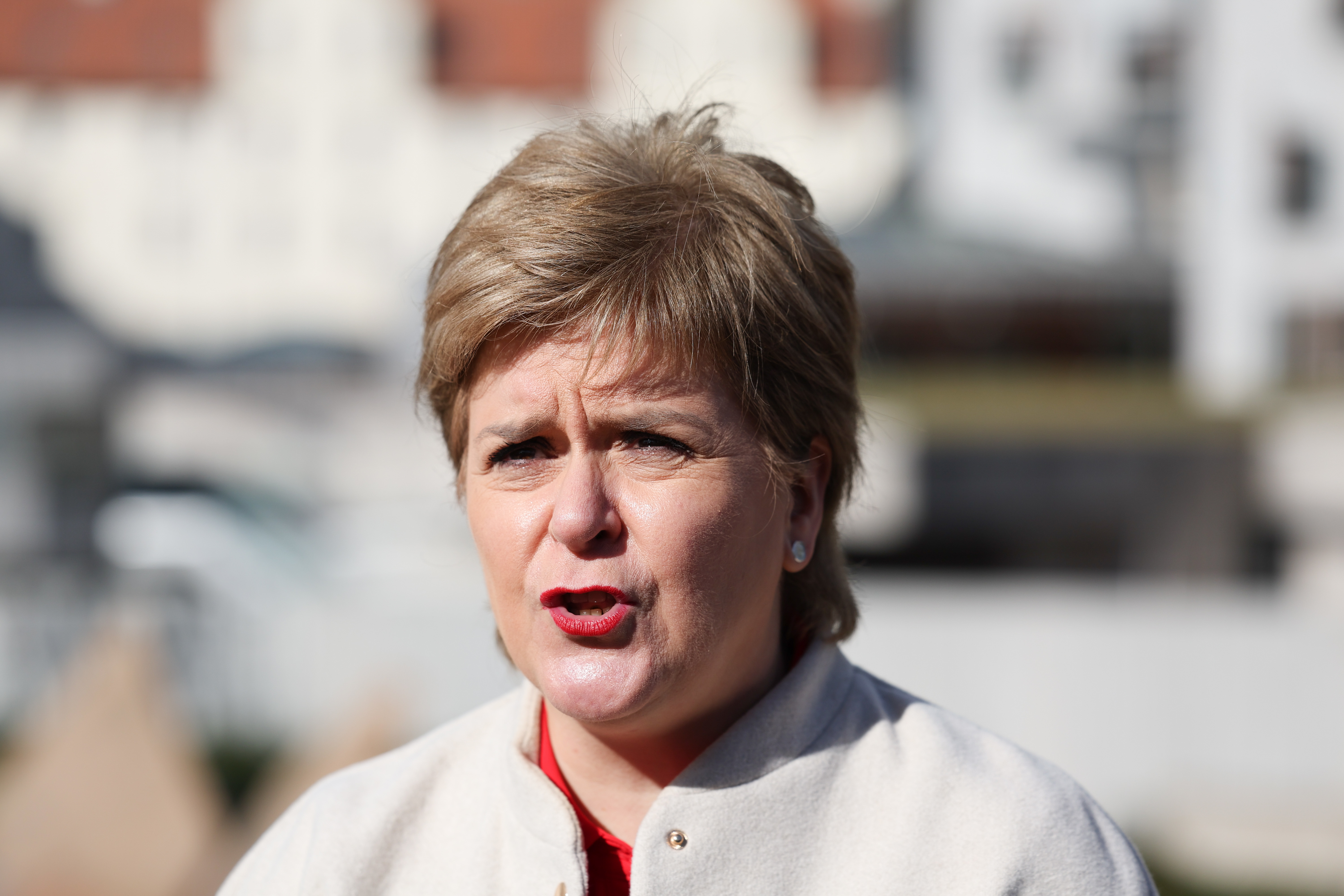Swinney seeks to ‘bring people together’ following debate over gender rights
The Scottish First Minister said the issue had caused a ‘tremendous amount of difficulty and hurt’.

Scotland’s First Minister has told how he wants to “bring people together in unity” in the wake of the “difficulty and hurt” that has been caused by row over single sex spaces.
John Swinney accepted that a “tremendous amount of difficulty and hurt” had been caused to “all sides”.
But he insisted: “Part of my role as First Minister is to do something about that and that is to bring people together.
“That’s been the hallmark of my leadership of Scotland in the last 12 months.”
The SNP leader told BBC Radio Scotland’s Good Morning Scotland programme: “My purpose and my objective as First Minister is to bring people together in unity and cohesion in Scotland.”

His comments in the wake of the landmark Supreme Court ruling on the definition of a woman, in a case brought against the Scottish Government.
Judges there made clear that the terms “woman” and “sex” in the 2010 Equality Act can “refer to a biological woman and biological sex”.
But that has caused concern amongst the transgender community and their supporters – with former First Minister Nicola Sturgeon saying on Tuesday she feared trans lives could become “unliveable” as a result.
Meanwhile, SNP backbencher Michelle Thomson has called on both Mr Swinney and Ms Sturgeon to apologise to women who had to “fight tooth and nail” for the right to single-sex spaces.
Mr Swinney however said Holyrood had had a “very, very extensive democratic debate” on such matters when it considered legislation which was ultimately blocked by Westminster which would have allowed transgender Scots to self-identify in their preferred gender, without needing to go through a medical process.
The First Minister also stressed: “On two occasions courts in Scotland supported the interpretation of the law that had been applied by the Scottish Government, which was based on guidance from the Equality and Human Rights Commission.”
But he added: “I accept the Supreme Court, the ultimate decision maker on the interpretation of the law, has taken a different view.”
Mr Swinney also made clear the Scottish Government would “of course” follow new guidance from the Equality and Human Rights Commission, which is due this summer.
He added: “We are obviously are engaging in discussion with the Equality and Human Rights Commission to assist and to understand the direction of their thinking in the creation of the guidance, they have got a lot of work to do on that.”





